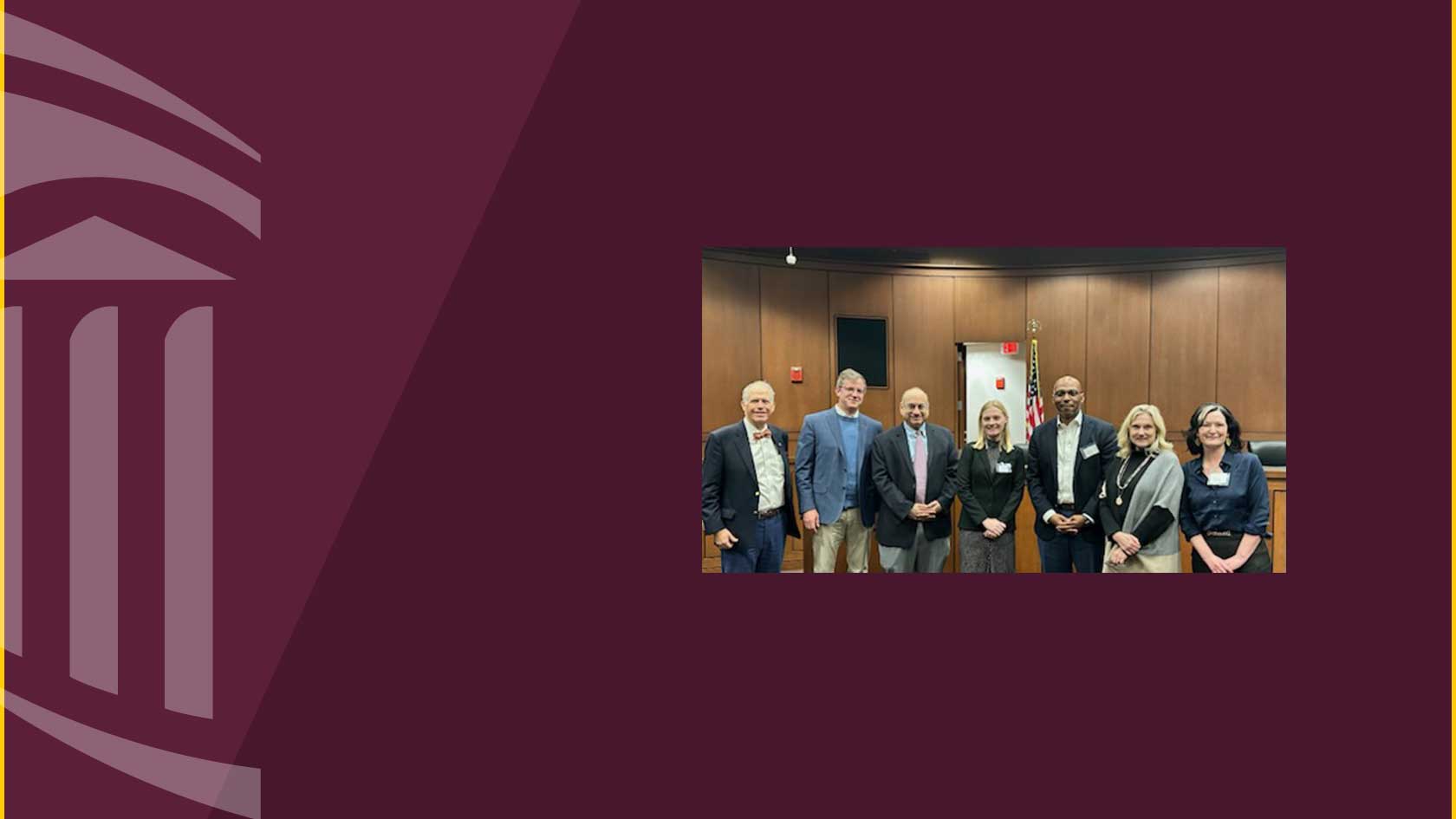The Journal of Business and Technology Law hosted its annual symposium entitled, “Corporate Law Forums Outside Delaware”, a thought-provoking symposium that brought together leading scholars and practitioners to explore emerging trends in corporate governance. Under the leadership of Symposium Managing Editor, Julianna Simpson ’25, the event featured two engaging panels examining the evolving landscape of corporate incorporation and regulatory frameworks.
The first panel analyzed the growing trend of domestic-based companies incorporating outside of Delaware, discussing the key factors influencing this shift. Panelists included Keith Paul Bishop (Allen Matkins Leck Gamble Mallory & Natsis LLP), Wendy Couture (University of Idaho College of Law), and Christine Hurt (SMU Dedman School of Law). The speakers outlined the impact of differing fiduciary duty standards and litigation risks on corporate decision-making. As corporations consider alternative forums to Delaware, the headquarters for corporate law, the panelists suggested that the regulatory framework may or may not be beneficial to corporations, board of directors, or shareholders.
Throughout the discussion, panelists provided insights into state regulatory differences and their impact on corporate operations. Keith Paul Bishop, drawing from over 40 years of experience in California, highlighted California’s pseudo-foreign corporation laws, which apply California statutes to companies with substantial business operations in the state, regardless of where they are incorporated.
The second panel focused on the legal, financial, and strategic motivations behind corporate restructuring abroad. Experts included Christopher Bruner (University of Georgia School of Law) and Martin Sybblis (Emory University School of Law), who examined the comparative advantages of alternative jurisdictions in governance, shareholder rights, and dispute resolution in foreign jurisdictions.
It was a great evening for the symposium that brought together students, alumni, faculty, and legal experts to examine the emergence of alternative corporate law forums. The factors motivating corporations to look outside of Delaware vary, but the legal, economic, and strategic implications of this shift may alter corporate law as we know it. From judicial efficiency to shareholder rights and state competition, the discussion was thought-provoking.

